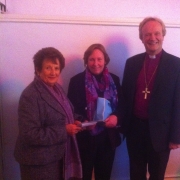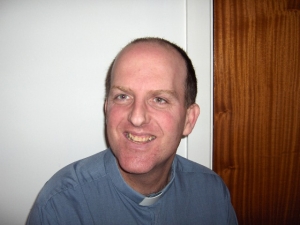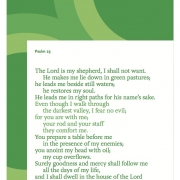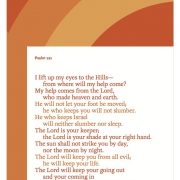Welcome to the website of the Church’s Ministry of Healing: Ireland. Linked to the Church of Ireland (Anglican), we are a limited company established in 2010 and based at Egan House, St Michan’s Church, Church Street, Dublin 7.
In sending out disciples, Jesus commanded them ‘Heal those who are sick and say the Kingdom of God is very near to you’ (Luke 9:10). Elsewhere in the Gospels, he commands the Apostles to teach, to preach and to heal.
The Reverend Noel Waring first established the Church’s Ministry of Healing in the Church of Ireland in 1932. In this, he received strong support and encouragement from the then Archbishop of Dublin, Archbishop Gregg. Over the years, CMH has been instrumental in developing and encouraging this important dimension of the Church’s wider ministry throughout Ireland. As well as its Dublin base, it developed a centre at The Mount in Belfast and other diocesan centres were established. Today, CMH: The Mount is an independent company but CMH: Ireland continues to work collaboratively with it and with all the dioceses and parishes both north and south of the political divide.
Our aims are to educate, to encourage, to co-ordinate, to provide and to resource. Although our primary responsibility is to the dioceses and parishes of the Church of Ireland, we are happy to address the needs of all those who seek healing of body, mind or spirit. We have two part-time employees; a Ministry Co-ordinator and a Ministry Facilitator. All enquiries should be addressed to them at healing@ireland.anglican.org
+Patrick Tuam:
Chairman




